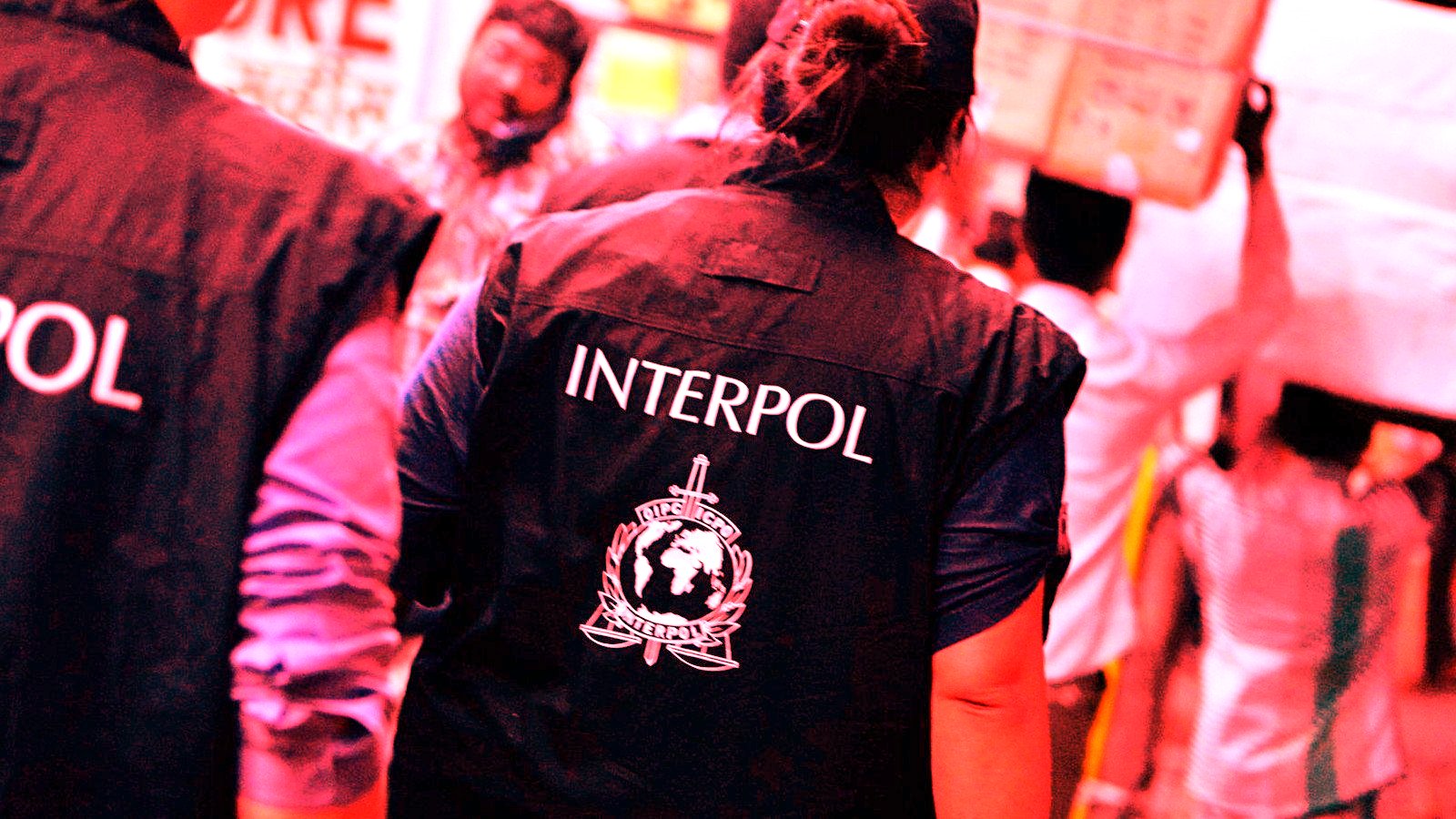
The Interpol (International Criminal Police Organisation) has taken down thousands of online marketplaces that posed as pharmacies and pushed dangerous fake and illicit drugs and medicine.
This record number of illicit online pharmacies was shut down during Operation Pangea XIV, which targeted online sellers of counterfeit and illegal pharmaceuticals and medical devices.
Law enforcement agencies, customs, and health regulatory authorities from 92 countries coordinated by Interpol took down "113,020 web links including websites and online marketplaces being closed down or removed."
"In the UK, in addition to the seizure of some three million fake medicines and devices worth more than USD 13 million, authorities also removed more than 3,100 advertising links for the illegal sale and supply of unlicensed medicines, and shut down 43 websites," the Interpol added.
"Fake and unauthorized COVID-19 testing kits accounted for more than half of all medical devices seized during the week of action (18 – 25 May) which resulted in 277 arrests worldwide and the seizure of potentially dangerous pharmaceuticals worth more than USD 23 million."
During Operation Pangea XIV, law enforcement agents also checked packages delivered from online stores and found fake and illicit drugs hidden amongst legitimate products like clothes, toys, and even food.
In one case, more than 2,800 nerve pain tablets were discovered inside tins of baked beans.

"As the pandemic forced more people to move their lives online, criminals were quick to target these new 'customers'," said INTERPOL Secretary General Jürgen Stock.
"Whilst some individuals were knowingly buying illicit medicines, many thousands of victims were unwittingly putting their health and potentially their lives at risk."
In all, with the support of the Pharmaceutical Security Institute, the United Nations Office on Drugs, and Europol, the operation led to the seizure of roughly 9 million medical devices and illicit pharmaceuticals, including:
- hypnotic and sedative medication
- erectile dysfunction pills
- medical devices (Covid Test kits, masks, syringes, catheters, surgical devices, etc,)
- analgesics/painkillers.
- anabolic steroids
- antiseptics and germicides
- anti-cancer medication
- antimalarials
- vitamins
Targeting counterfeit and illicit medicines and medical products, a record number of fake online pharmacies were shut down under INTERPOL’s Operation Pangea XIV pic.twitter.com/eZKTN70z4F
— INTERPOL (@INTERPOL_HQ) June 8, 2021
The danger behind illicit online pharmacies
The US Federal Trade Commission provides consumers with advice on avoiding getting scammed while looking for health products and services online.
"What looks like an online pharmacy could be a front for a scammer or identity thief. The sites may use official looking seals and logos, guarantee satisfaction or your money back, and 'look' legitimate. All that can be faked," the FTC explains on its site.
"You could end up with products that are fake, expired, or mislabeled, or products that contain dangerous ingredients. Or you may pay for a prescription and never get your order — or your money back."
The FBI also highlights the danger behind illicit drug marketplaces on its 'Scams and Safety' website, saying that online drug promotions and unbelievable deals are usually signs that the seller is not a licensed pharmacy.
"Counterfeit prescription drugs are illegal and may be hazardous to your health. They are fake medicines not produced to the pharmacological specifications of the drugs they claim to be," the FBI says.
"Don't be fooled by fake prescription drugs masquerading as legitimate medicines, as using them may worsen your health conditions."
Fake drugs are hazardous because, besides being contaminated and potentially containing wrong or inactive ingredients, they could also have the right active ingredient with the wrong dosage.
The FBI provides several recommendations that, when followed, should make it easier to spot illicit online pharmacies:
- Be mindful of appearance—closely examine the packaging and lot numbers of prescription drugs and be alert to any changes from one prescription to the next.
- Consult your pharmacist or physician if your prescription drug looks suspicious.
- Alert your pharmacist and physician immediately if your medication causes adverse side effects or if your condition does not improve.
- Use caution when purchasing drugs on the Internet. Do not purchase medications from unlicensed online distributors or those who sell medications without a prescription. Reputable online pharmacies will have a seal of approval called the Verified Internet Pharmacy Practice Site (VIPPS), provided by the Association of Boards of Pharmacy in the United States.
- Be aware that product promotions or cost reductions, and other "special deals" may be associated with counterfeit product promotion.
In related news, Interpol also intercepted $83 million belonging to online financial crime victims from being transferred to the accounts of their attackers in Operation HAECHI-I, as part of an investigation spanning more than six months.


Post a Comment Community Rules
You need to login in order to post a comment
Not a member yet? Register Now